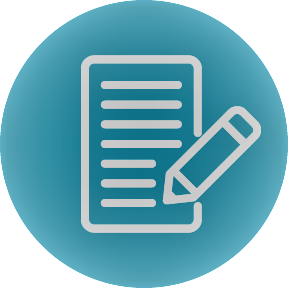4.2 Am I reflective?

“The reflective practitioner allows him/herself to experience surprise, puzzlement, or confusion in a situation which they find uncertain or unique. They reflect on the phenomenon before them, and on the prior understandings They carry out an experiment which serves to generate both a new understanding of the phenomenon and a change in the situation.” Donald Schön (1983)
There are many benefits to becoming a reflective practitioner but it is not always realistic to think that it will be an easy process. Depending on your circumstances, there may be many challenges to reflection whether these are related to personal situation or work life. With a little thought and planning, most of these challenges can be addressed. This chapter will allow you to determine your current reflective stance and what challenges you may be facing.
Are you naturally reflective? 
Most of us do reflect more often than we think. The key here is to make reflection an intentional practice with a purpose to improve your practice and often to determine why you are doing what you are doing.
To find out if you are reflective, complete the self-assessment for Reflective Practice (scroll to the more detailed Reflective Practice Self-Assessment instrument in a pdf format)

